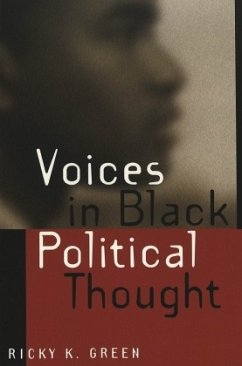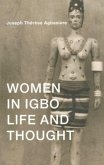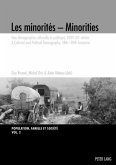The Black community has historically suffered stasis on the political level. W.E.B. Du Bois originally identified the source of the stasis as a contradiction of political goals within individuals and Black culture. During the last century, the development of African American political organizations has institutionalized this "contradiction of double aims". That institutionalization is largely due to the energy and resources of two distinct and often contradicting political traditions - Black nationalism and the Black American Jeremiad. It is within a third tradition, Black cultural pluralism, that a possible discourse exists that can address the stasis within the Black community. This book attempts to reconstruct the development of this third tradition and posits it as the most viable source of Black political development.
«The principal strength of Ricky K. Green's work is that he offers accessible means to think about, discuss, understand, and analyze immeasurable complexity. One of the major findings of Black scholarship over the past half century is the almost infinite complexity of the lives of African peoples. That scholarship has revealed a world so varied, complex, and dense that there are no precedents for how to think about it productively. Professor Green provides a pathway to understanding a central aspect of this nexus - the centrality of Black culture in Black political conceptualizations and actions, at both mass and elite levels. This is an area of thought so convoluted, contradictory, and wide-ranging that an intellectual short-hand is required to make sense of it. In an extraordinary intellectual tour de force, Professor Green has provided it.» (David Covin, Professor Emeritus of Government and Ethnic Studies, Immediate Past President, the National Conference of Black Political Scientists)








